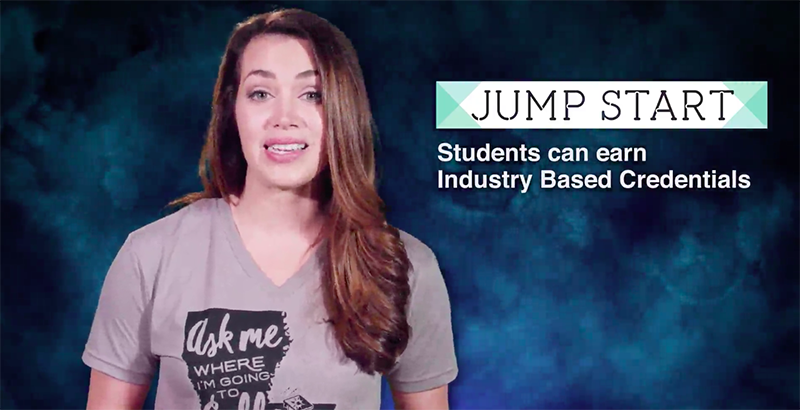Louisiana Students Look Beyond High School With Workplace-Based Learning and Micro-industry Engagement

Expanding workplace-based learning (WBL) is rightly becoming a priority for school districts and charter schools across the country. Nothing makes academic subject matter more relevant and compelling than its application in the real world.
In Louisiana, for example, where I serve as assistant superintendent of the Department of Education, our Jump Start career and technical education program gives high school students unprecedented access to WBL opportunities, including the chance to work with what we call “unfamiliar workplace adults.”
These are people with whom students must learn to constructively engage when they leave high school for college, career, or both. Whether their studies concentrated on chemistry or culinary arts, electrician certification or English composition, all young adults must learn to develop and manage relationships with unfamiliar workplace adults.
Unfortunately, too many students don’t have access to WBL in high school, because it is not an evenly distributed resource. Not every community has a local workplace with chemists, cartoonists, or coders.
Although no one intends it, the uneven distribution of workplace learning opportunities means we’re leaving students who live in rural or inner-city communities without access to diverse local businesses. We’re overlooking students who attend alternative school programs that don’t allow for participation in off-campus programs. And we’re not addressing students with disabilities who don’t find it manageable to take part in many WBL programs.
The result is that today’s focus on WBL often results in a “rich getting richer” situation. Schools expand the depth and quality of options for students who already have access to WBL, while students without WBL opportunities continue to be horribly underserved.
In Louisiana, we’ve tried to address this challenge by using the online Nepris system, industry partners such as the Baton Rouge Area Chamber’s Micro-Enterprise Credential initiative, and Virtual Workplace Experience instructional resources to create a process we call micro-industry engagement.
Micro-industry engagement involves a series of cumulatively structured exercises that enable students to master increasingly sophisticated workplace skills while learning about the true universe of career opportunities available to them.
This allows all students to engage with workplace experts in every industry sector they want to explore, making sure their future is not limited by their town or school district boundaries or by personal circumstances.
It is important to note that micro-industry engagement doesn’t replace standard onsite WBL options. Schools with robust WBL programs can adopt micro-industry engagement efforts to put students in touch with workplace experts in industries that are not represented locally, or to help overcome other obstacles to access.
Students in Houma, Natchitoches, and Pointe Coupee who want to learn about animation, mountain climbing, or space exploration should have the same opportunities as students in Burbank, Boulder, and Houston. The same is true for all students, everywhere.
Get stories like these delivered straight to your inbox. Sign up for The 74 Newsletter

;)